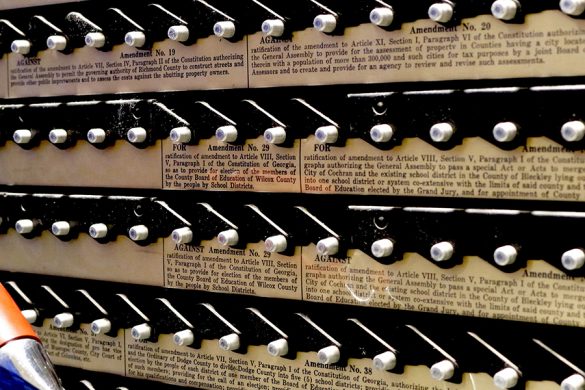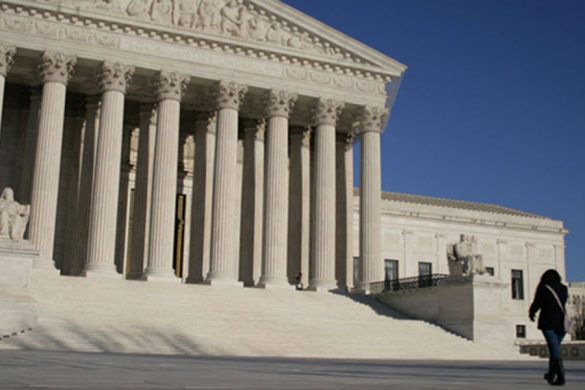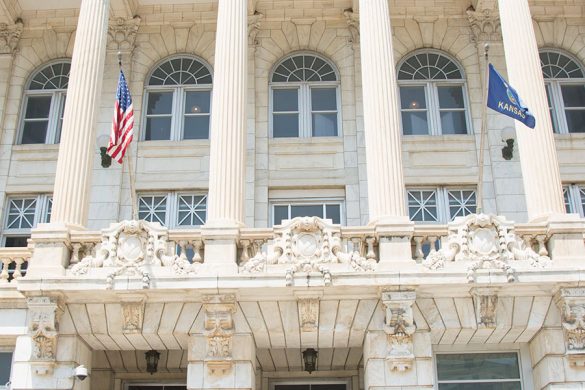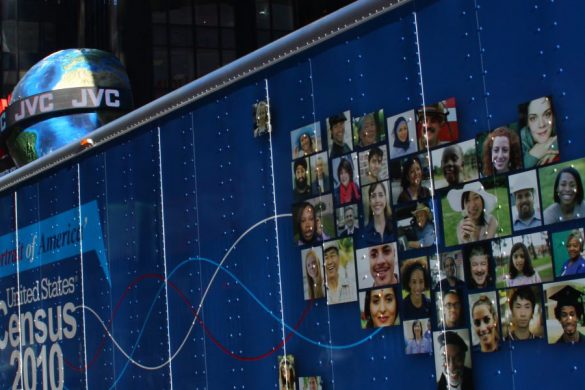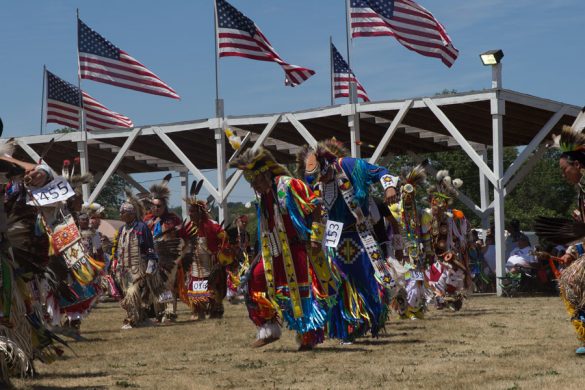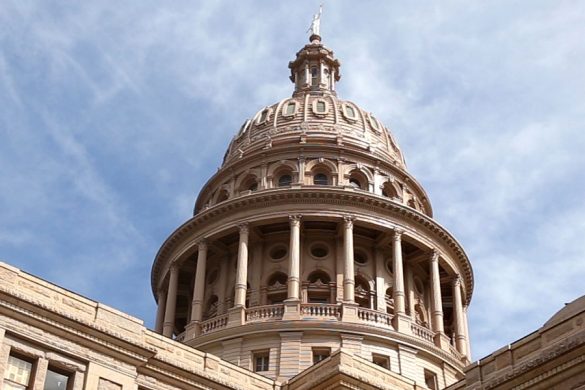HOUMA, La. – For nearly two decades, the black community in Terrebonne Parish has pushed the Louisiana Legislature to create a majority-minority voting district for one of five judicial seats, which up until recently has always been occupied by white judges.
The first and only black judge to be elected to Louisiana’s 32nd Judicial District Court ran unopposed in 2014, with no white candidate to challenge him.
In every other judicial election, white candidates who sought the job were elected in what the NAACP Legal Defense and Educational Fund calls the consequence of an at-large voting system in which the parish’s white majority will always win.
The LDF is representing community leaders and members of the local NAACP branch in a lawsuit against Louisiana Gov. Bobby Jindal and the state of Louisiana that challenges at-large voting for the 32nd Judicial District Court as a way “to dilute black voting strength in violation of Section 2 of the Voting Rights Act.”
“Terrebonne Parish, by history, has not elected African-American candidates,” said John Navy, the Terrebonne Parish council chairman. “Unfortunately, people do vote race, people do vote parties. That’s something that’s not just a trend in Terrebonne Parish or Louisiana, but throughout the country.”
Now, the case is scheduled for trial in March before a U.S. District Judge in Louisiana.
According to U.S. Census numbers from 2014, about 70 percent of the parish population is white, while about 20 percent is black.
The LDF, which represents several residents of Terrebonne Parish, wants to force the creation of a single-member district for the 32nd Judicial District to give black voters a district where they “constitute a majority of both the total population and the voting-age population.”
Navy said the controversy may be reaching a turning point as parish council members, school board members and state officials seek potential compromises.
In late March, he and three other parish officials met with state leaders to discuss the possibility of again working with lawmakers on legislation that would resolve the issue.
“Eighteen years makes a difference, and the mindset of people 18 years ago and the mindset of people (now) work differently,” he said.
Follow Rose Velazquez on Twitter @Rosee_Vee.
